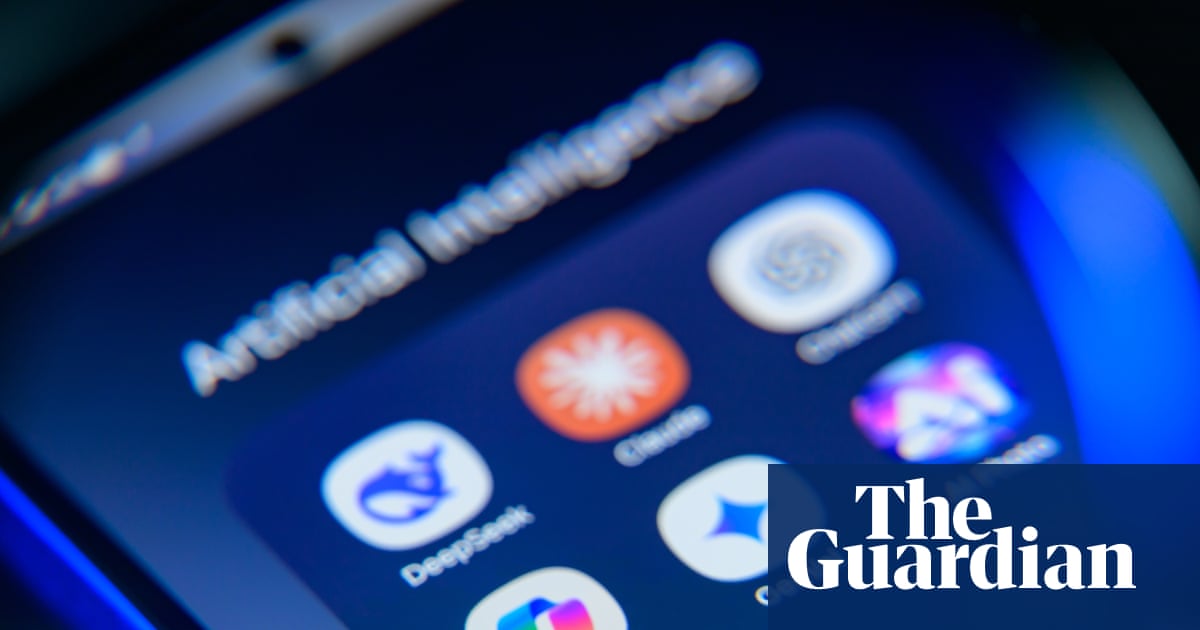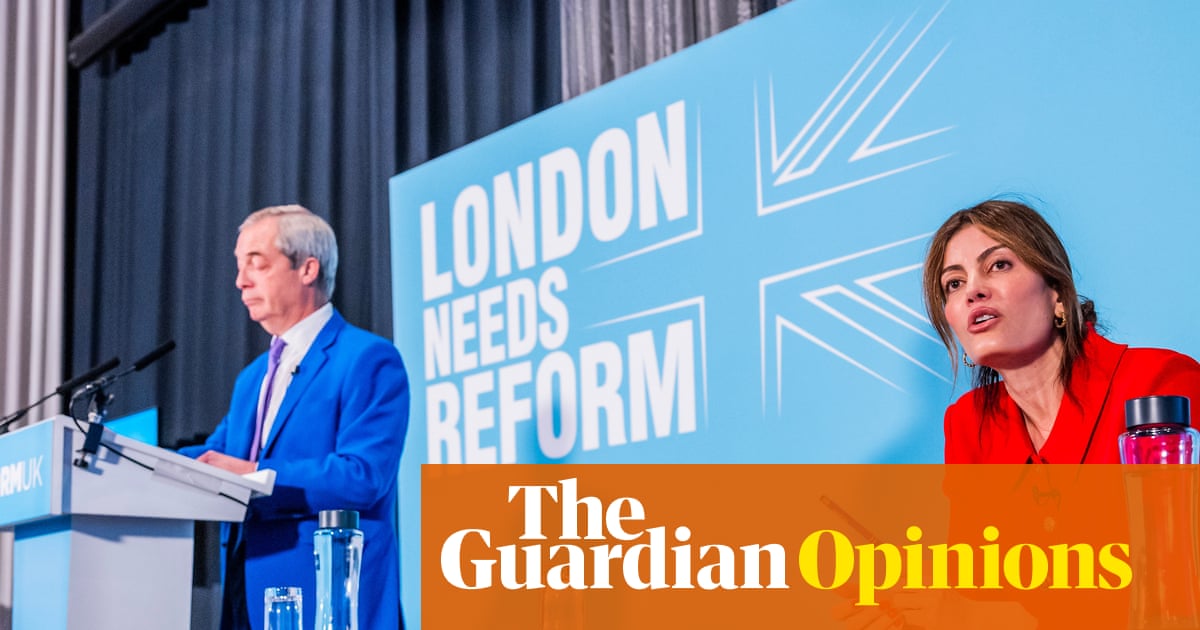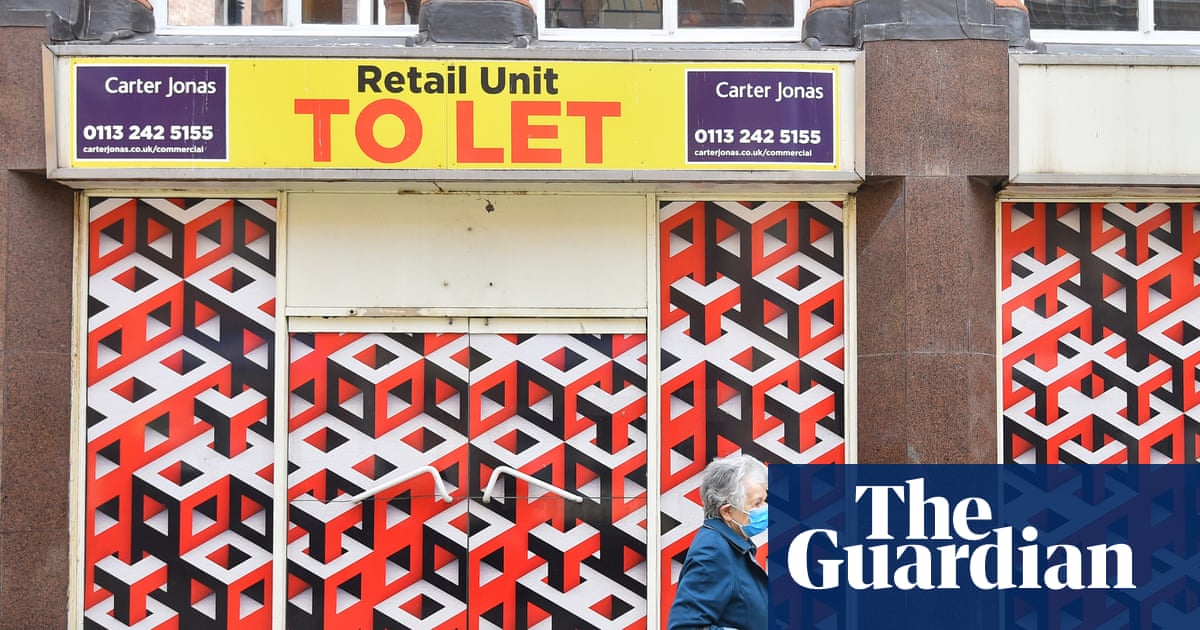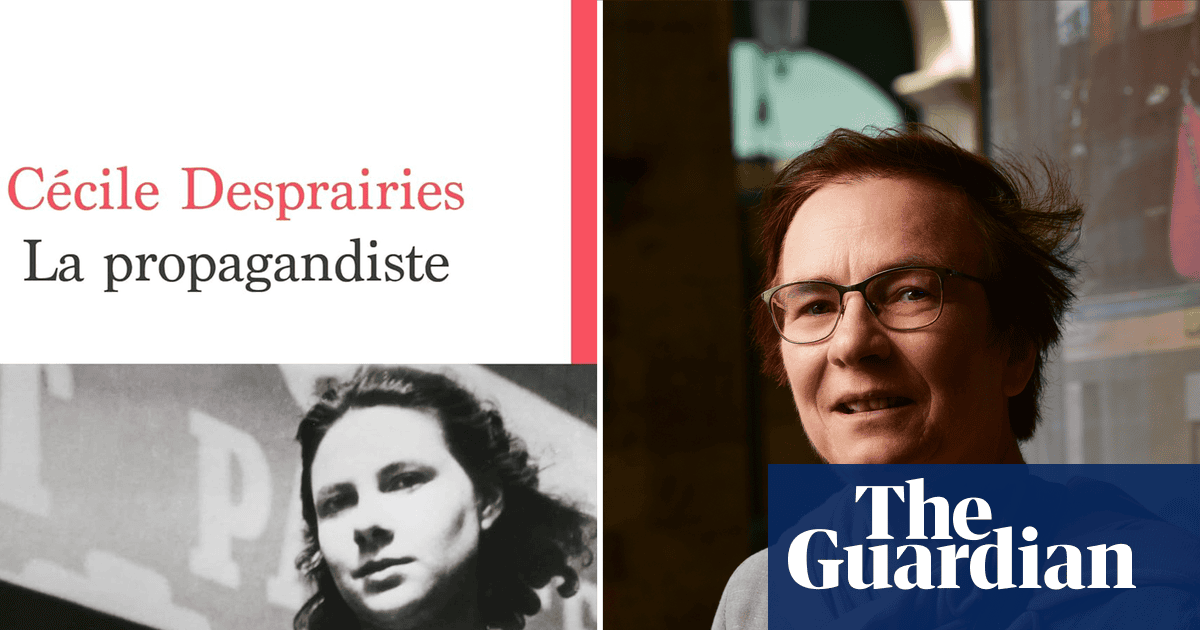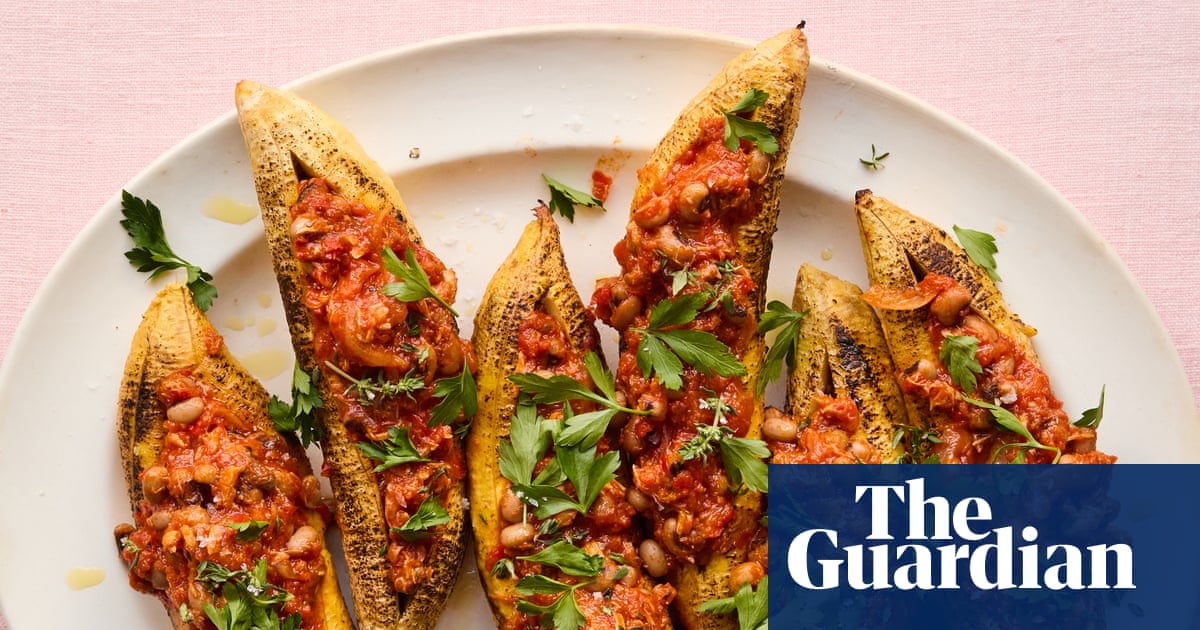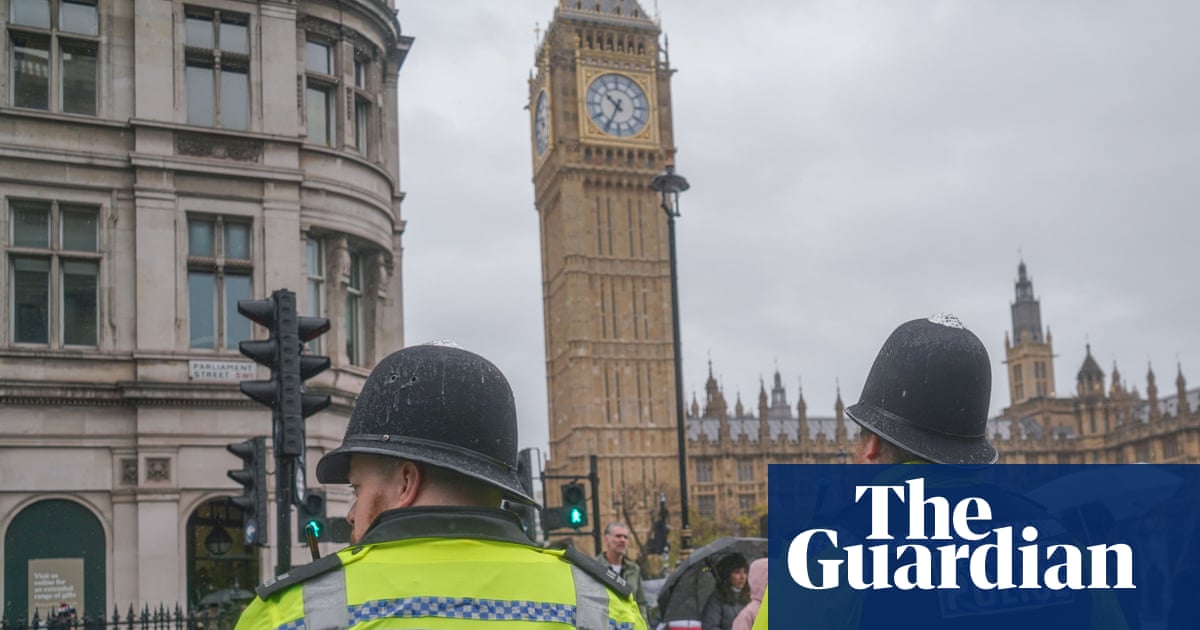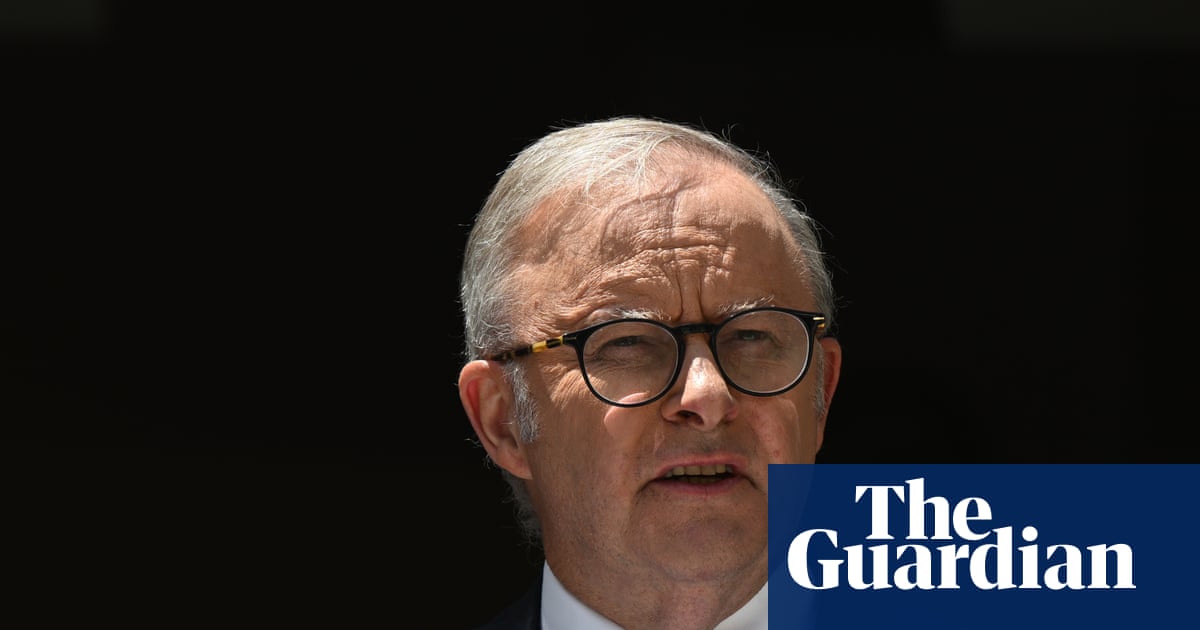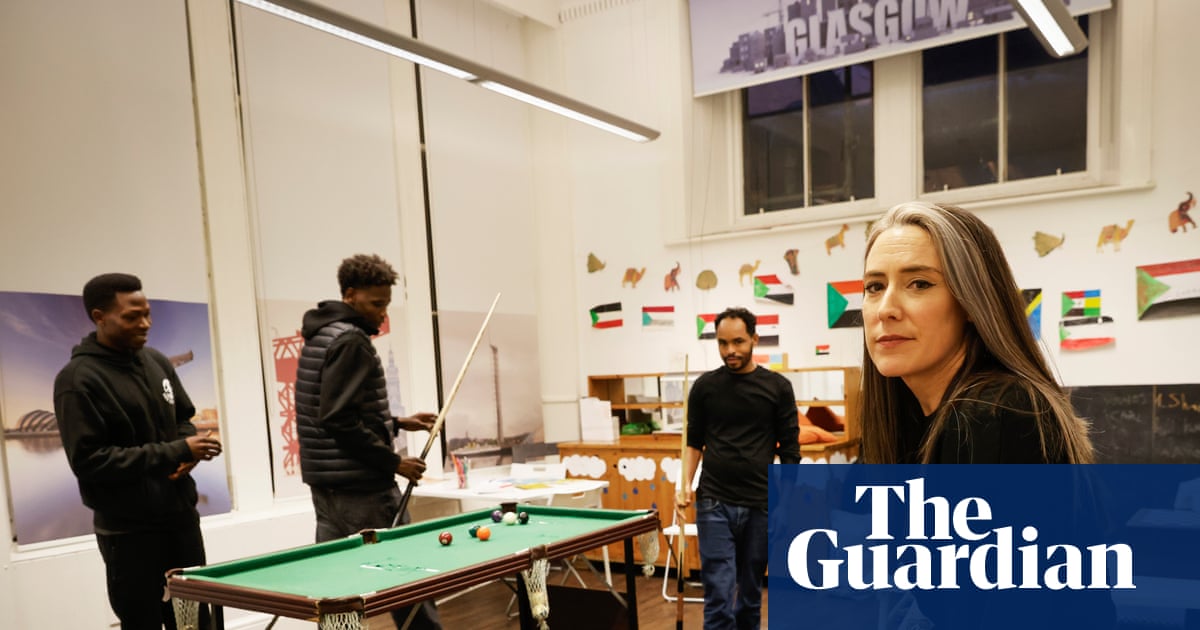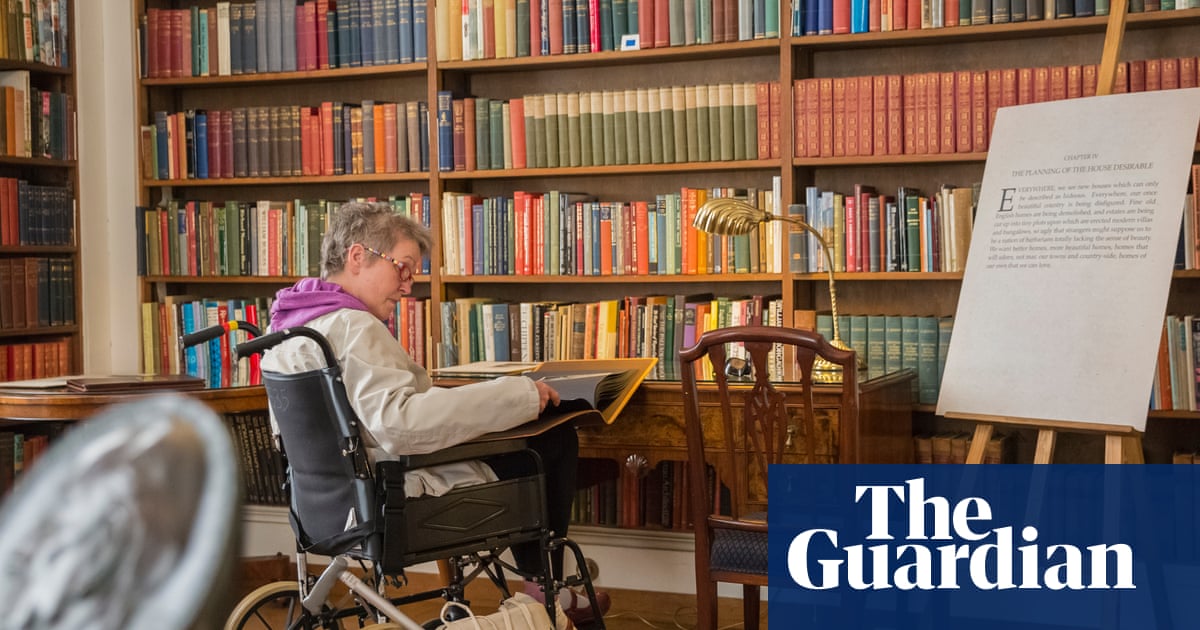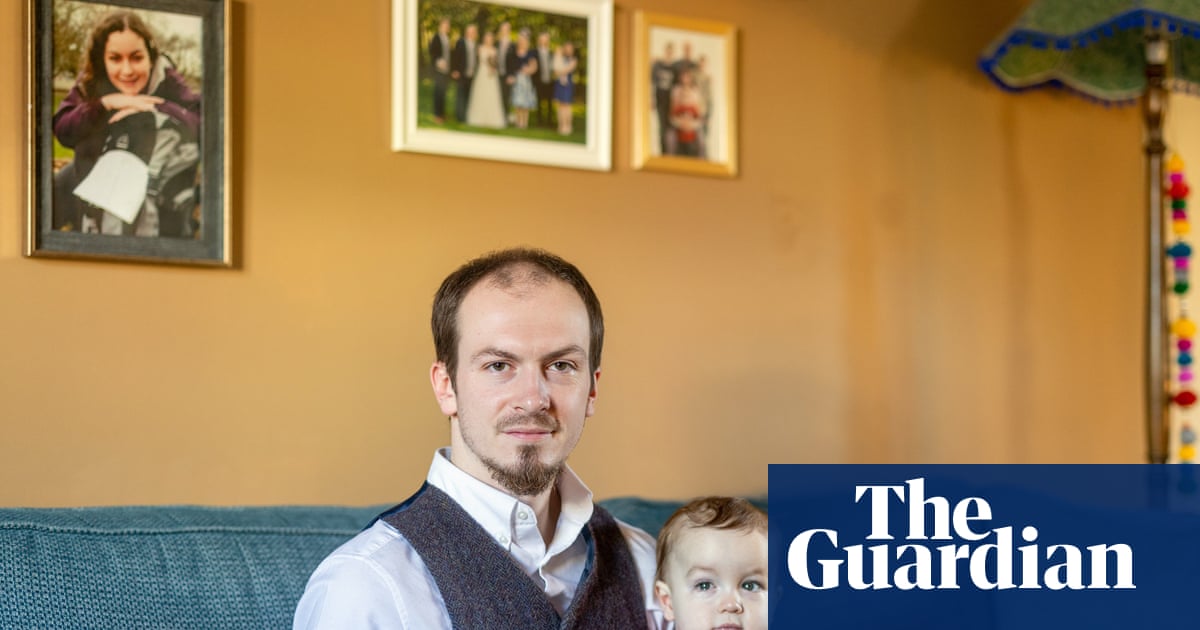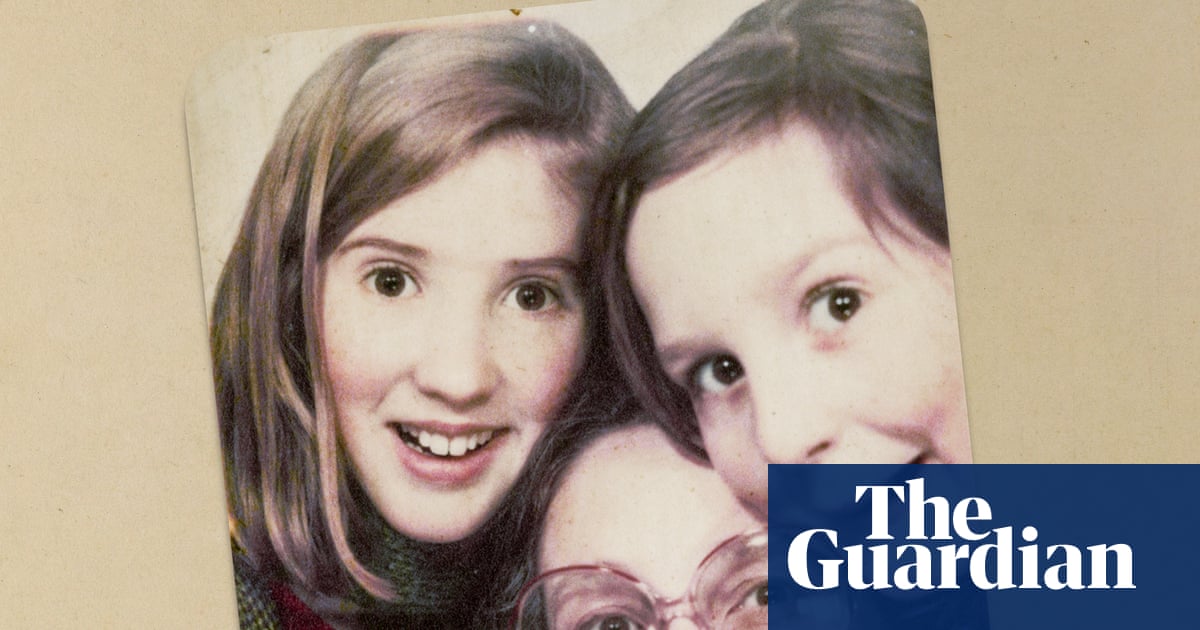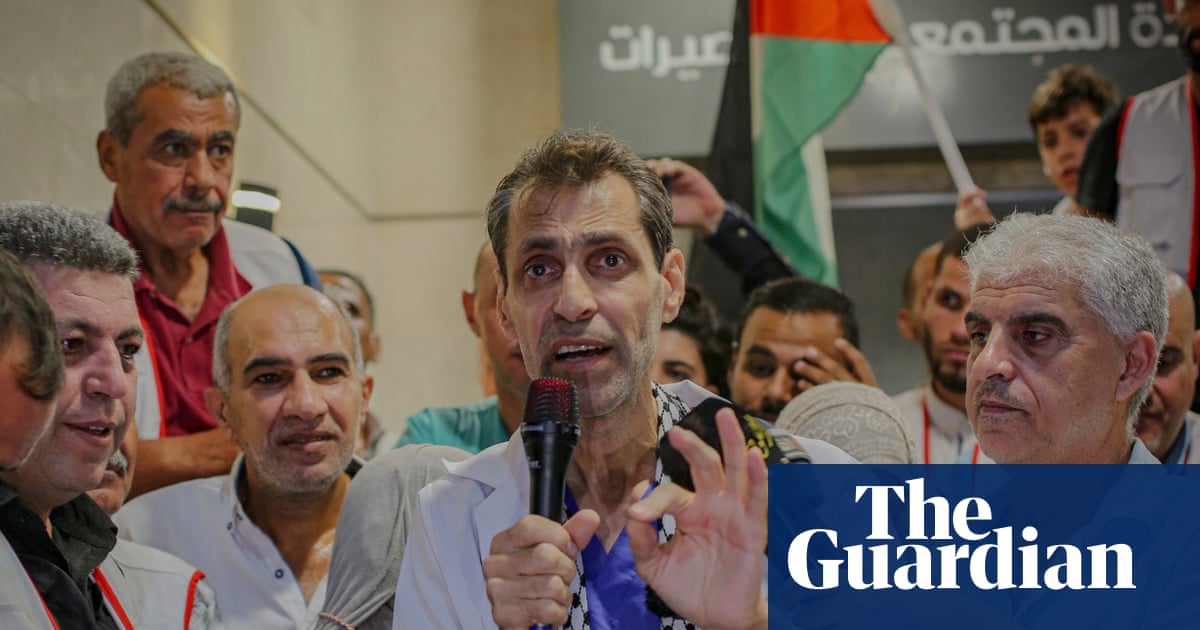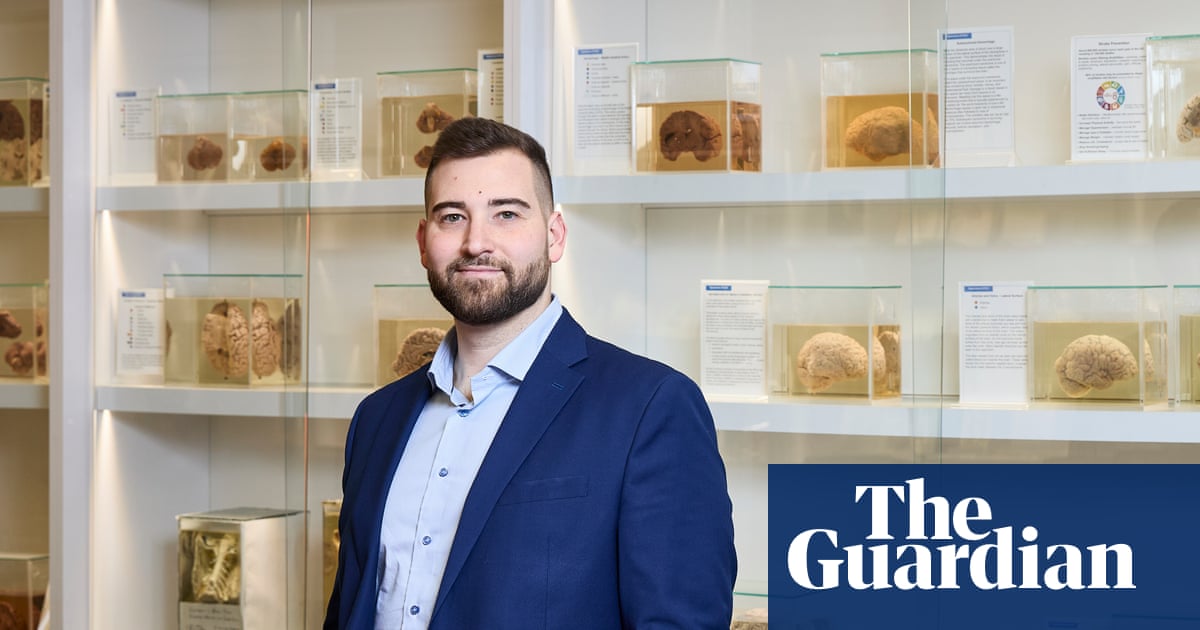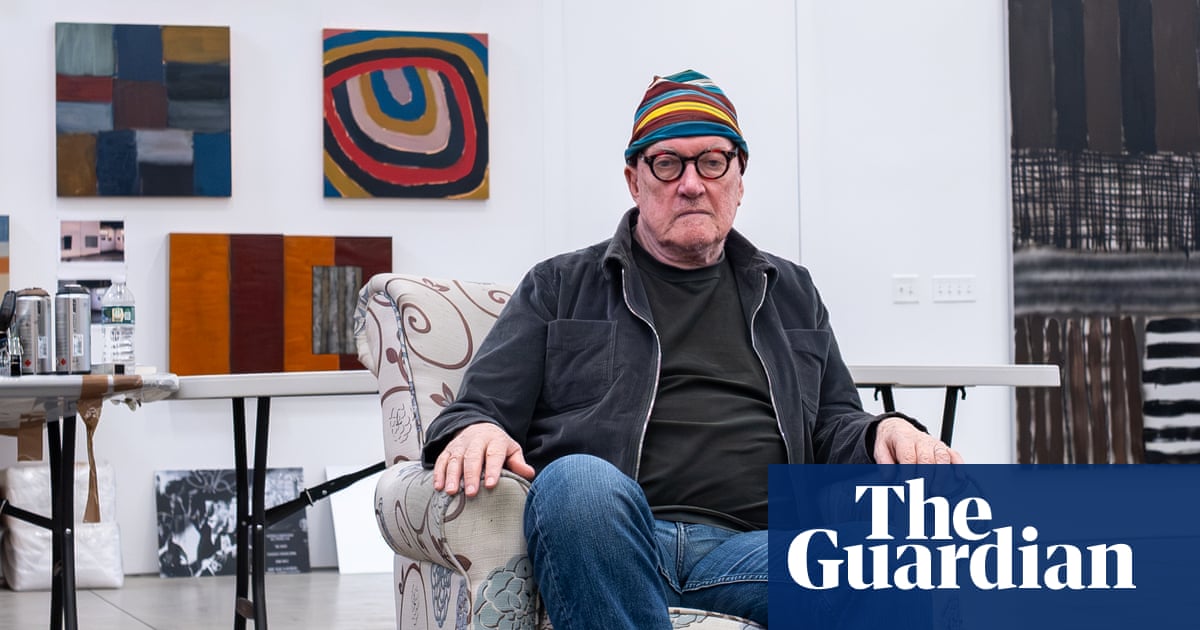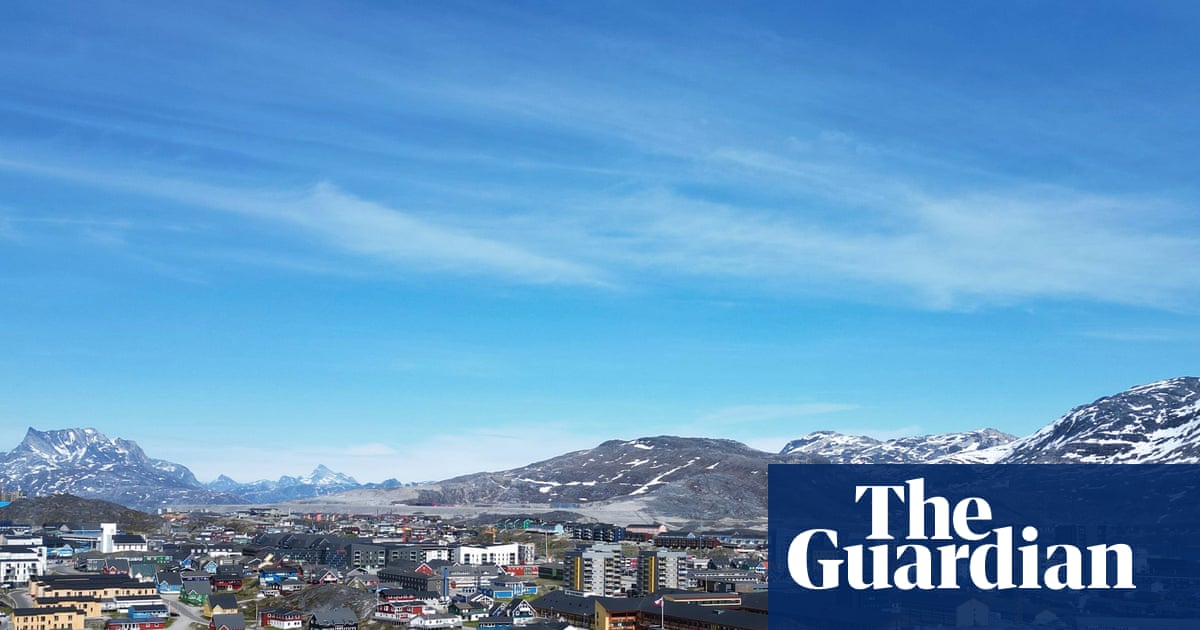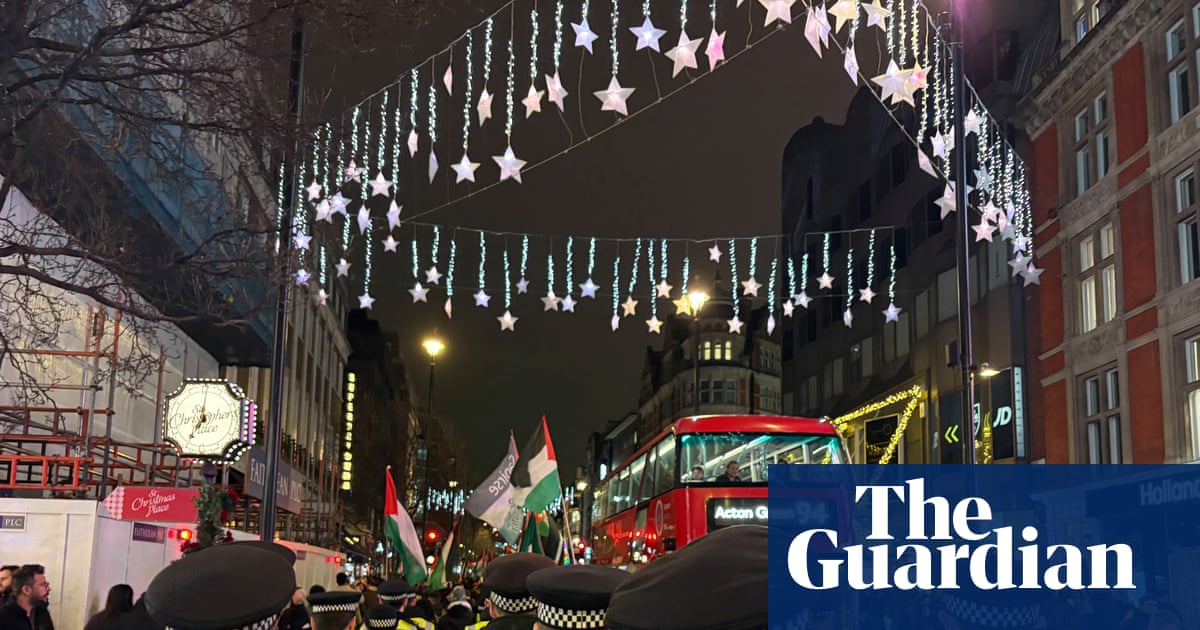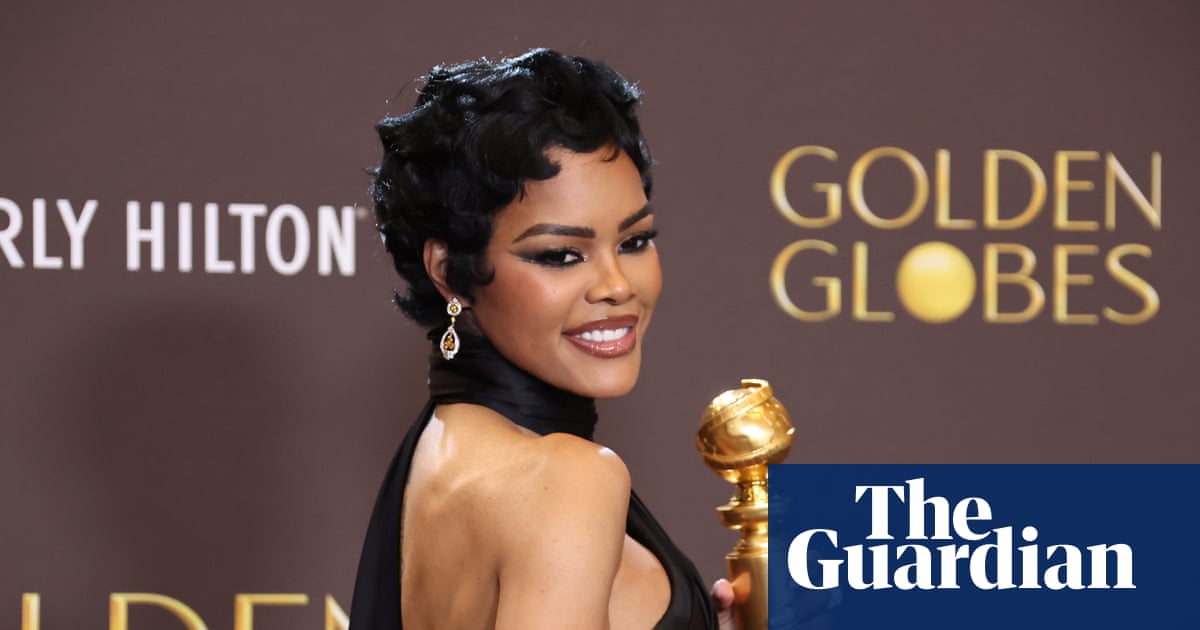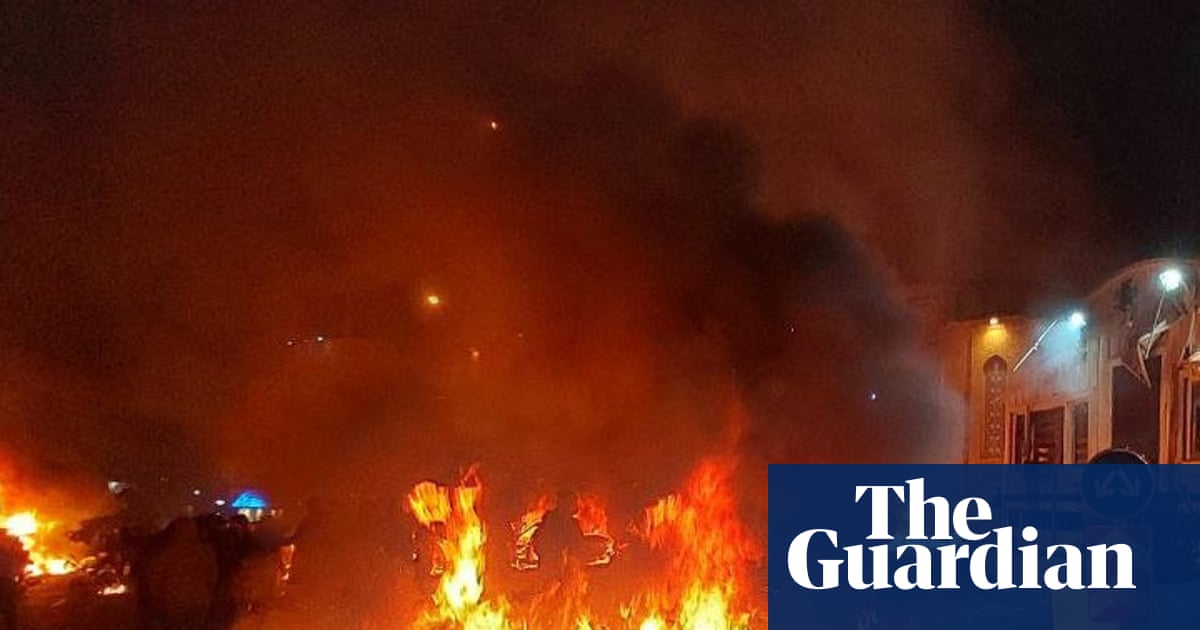Though Tommy Robinson’s march in London was called “unite the kingdom” (UTK), it was a gathering that has raised fears of a new era of division.
The Guardian asked readers for their reflections on the event, which attracted an estimated 110,00 protesters and 5,000 counter-protesters. The hundreds of responses we received told their own story of polarisation.
While many condemned the event as a “scary” indication of a country “sleepwalking to fascism”, others were emphatic that the event was not “far right”, and had been attended by ordinary people from all walks of life in defence of “British values”.
Alongside passionate defences of Britain’s diversity, however, anti-immigrant sentiments were shared openly.
Disappointment in government was one point of agreement. This week, shortly before President Donald Trump’s state visit, the Department for Housing, Communities and Local Government told the Guardian that social cohesion work begun by Angela Rayner as secretary of state would continue.
Peter, a 35-year-old philosophy lecturer from London, said: “I’m exactly the type of person likely to be labelled part of the ‘Metropolitan liberal elite’ – and ‘part of the problem’.
“Having said that, I grew up in a highly Eurosceptic area [and] the protests came on the back of a trip home where I immediately noticed that the town I grew up in was plastered in union jacks and St George’s crosses – even our local Chinese restaurant.
“This made me realise, to a point of considerable discomfort, that I’m potentially out of whack with a lot of other people.”
Sarah, also from London said: “This was not a far-right rally. This was a free speech protest. Given [the number] of people in attendance, the amount of violence was very low.
“I have mobility issues and dislike crowd situations, otherwise I would have attended. However, if future protests are held, I will seriously consider attending them.”
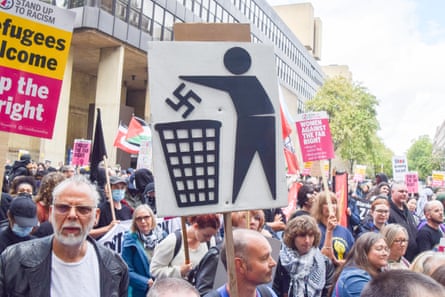
An anonymous reader, 60, said: “What we are seeing in London and around the UK with the ‘unite the kingdom’ campaign seems to be a consequence of more moderate voices staying silent in the face of a deliberate campaign of misinformation and agitation by the far right.
“Into a vacuum where there ought to be clear statements by leaders from all walks of life about our values of compassion and inclusion has flowed US-style fabrication of stories and manipulation of people who are discontented. There needs to be a counter-narrative from the non-rightwing parties.
“People see the rising extremism in the USA and it spreads here unchallenged, abetted by out-of-control social media.”
after newsletter promotion
Russell Byer, a semi-retired social worker, said: “Unfortunately, the far right hijacked the march so it was portrayed as a far-right march, when it seemed to me that there were a lot of people on the march for different reasons.
“There has been nearly 20 years of austerity and people have had enough, so they’ll go to the people who offer them easy solutions no matter how draconian they are. Ideally, I’m hoping that there are huge changes in the voting system and we move to PR [proportional representation].”
Lee Newman, 48, from Kent, said: “I was there Saturday. I loved it. We are not racist like the media and government want to label us. We are all concerned about how broken our country is.”
Bruce Webb, 54, from the Isle of Wight, said an “upbeat” day “turned ugly” at Whitehall, where the scenes he witnessed made him “extremely thankful for the police protecting us”.
Webb, who had joined the counter-protest: added: “I came up to the march to defend the rights of asylum seekers. The most unique and depressing experience was seeing two sets of British groups fighting and shouting.
“A huge amount of the crowd were up for a colourful, patriotic march, but the presence of Tommy Robinson, Katie Hopkins and Elon Musk gave the feeling the day was a surreal political event.”
A reader described being on the train with ”unite the kingdom” protesters travelling hundreds of miles down to London from the north-west. She added: “They were very jolly, clear in their own minds that they were doing the right thing. I only hope visiting multicultural London going about its normal, everyday life gave some of the thousands of ’unite the kingdom’ visitors as much of a wake-up call as we had on Saturday.”

 3 months ago
74
3 months ago
74
